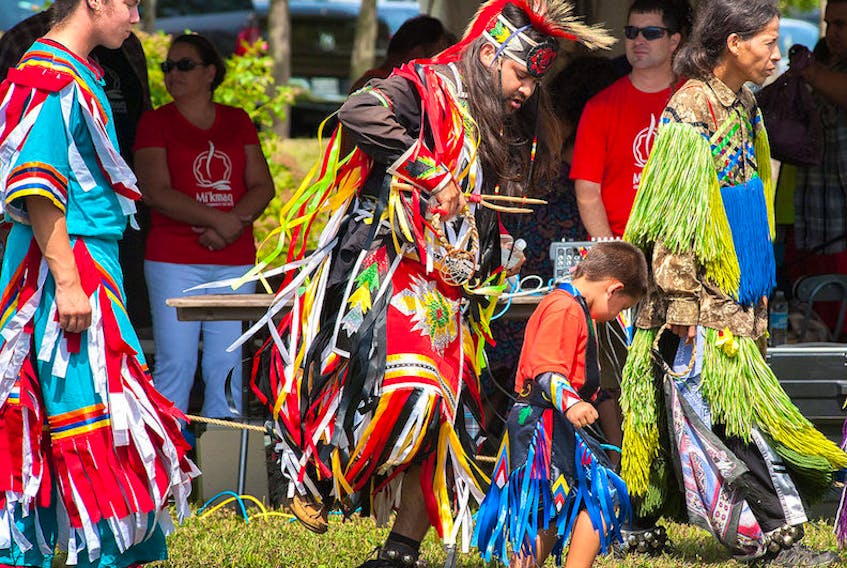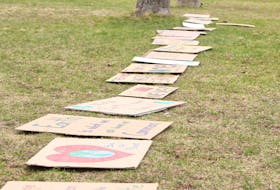BY PETER MCKENNA
GUEST OPINION
Re: Native land rights ‘complex issue’ (Feb. 13): I keep thinking about what A.J.B. Johnston and Jesse Francis, the authors of The Mi’kmaq of Prince Edward Island, wrote in their book: “In reality, the ancestors of today’s Mi’kmaq have been on the Island since before there even was an island at all.”
So, whenever I hear a self-professed historian utter the words - “by all accounts” - I know that he has lost the argument. That is why I find John Palmer’s claim that “by all accounts there were very few natives actually occupying the Island” during the 1770s as highly suspect. I can easily identity several reputable sources that say otherwise - or can’t say for sure what the exact numbers were.
Mi’qmaw Elder Daniel Paul, in We Were Not The Savages, references some 200,000 Mi’kmaq, while historian Olive Patricia Dickinson cites over 35,000 in her Canada’s First Nation’s work. L.F.S. Upton, in his Micmacs and Colonists, estimates the Mi’kmaq population ranging from somewhere between 6,000 to 100,000 in the overall region.
I think it would be more accurate to argue that we simply don’t know how many Mi’kmaq actually walked and worked this land. But saying only a few is clearly intellectually dishonest.
Nor was there any mention in his piece of Indigenous exposure to extreme violence, never before seen disease and alcohol, and a radical change in diet that were principally responsible for the decline in the numbers of Mi’kmaq on P.E.I. and the wider region of Mi’kma’ki (traditional Mi’kmaw territory).
Whatever the number, then, this loose talk is consistent with a settler colonial narrative that strives to erase or minimize any Indigenous presence in this province. But in a spirit of true reconciliation, it’s long past time to seek a genuine and respectful partnership and accommodation with the original occupiers of this land.
Peter McKenna is professor and chair of political science at the University of Prince Edward Island









